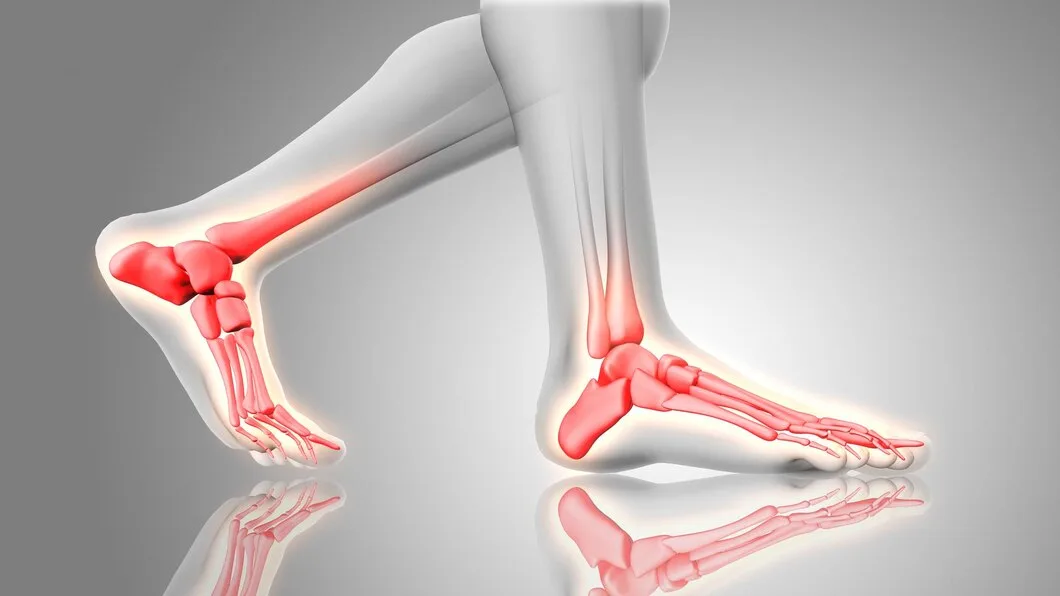Recovery Tips For Spinal Surgery Patients
Category: Orthopedics
Spinal surgery is a critical procedure aimed at alleviating pain, correcting structural issues, or restoring mobility. While the surgery itself is a significant step toward a healthier and pain-free life, the recovery process plays an equally crucial role in achieving the desired outcomes. At Lokmanya Hospital, we ensure expert care and a smooth recovery journey. Here, we provide a comprehensive guide on essential recovery tips for spinal surgery patients.
Understanding Spinal Surgery Recovery
The recovery period after spinal surgery varies depending on the type of surgery performed, the patient's overall health, and the complexity of the condition being treated. Common types of spinal surgeries include:
- Spinal Fusion: Joining two or more vertebrae to reduce movement and alleviate pain.
- Discectomy: Removing part of a herniated disc that is compressing a nerve.
- Laminectomy: Removing a portion of the vertebrae to relieve pressure on the spinal cord or nerves.
- Artificial Disc Replacement: Replacing a damaged spinal disc with a prosthetic one.
While these procedures aim to address specific spinal issues, recovery involves gradual healing and rebuilding strength in the spine and surrounding muscles.
Preliminary Recovery Steps
1. Follow Your Surgeon’s Instructions
After surgery, your healthcare provider will provide specific guidelines tailored to your surgery and health status. This may include wound care, medication schedules, and activity restrictions. Strictly adhering to these instructions can prevent complications and expedite healing.
2. Prepare Your Home Environment
Before returning home, ensure your living space is set up for recovery. Remove tripping hazards, place frequently used items within easy reach, and invest in supportive furniture such as ergonomic chairs or an adjustable bed.
3. Seek Support
Having a family member or caregiver assist with daily activities like cooking, cleaning, and transportation during the initial recovery phase can help you focus on healing.
Essential Recovery Tips For Spinal Surgery Patients
1. Pain Management
- Medications: Take prescribed painkillers and anti-inflammatory drugs as directed. Do not self-medicate or skip doses.
- Cold and Heat Therapy: Use cold packs to reduce swelling and heat pads to relax tense muscles. Alternate between the two as recommended.
2. Maintain Proper Posture
- Sitting: Avoid sitting for prolonged periods. Use chairs with good lumbar support and maintain an upright posture.
- Standing and Walking: Keep your back straight and avoid hunching. Use assistive devices like walkers if necessary.
- Sleeping: Sleep on a firm mattress in a position that supports your spine. Sleeping on your back or side with a pillow under your knees or between your legs can reduce strain.
3. Wound Care
- Keep the surgical site clean and dry to avoid infection.
- Follow your surgeon’s instructions regarding dressing changes and bathing.
- Watch for signs of infection such as redness, swelling, discharge, or fever, and report them to your doctor immediately.
4. Physical Therapy
Physical therapy plays a crucial role in spinal surgery recovery. A trained therapist will guide you through exercises that:
- Strengthen the muscles supporting your spine.
- Improve flexibility and range of motion.
- Enhance overall mobility and balance.
Adhere to your therapy schedule and avoid exercises that haven't been approved by your healthcare provider.
5. Nutrition and Hydration
- High-Protein Diet: Foods rich in protein, such as lean meats, fish, eggs, and beans, aid in tissue repair and wound healing.
- Calcium and Vitamin D: Strengthen your bones with dairy products, leafy greens, and fortified foods.
- Stay Hydrated: Drink plenty of water to prevent dehydration, which can slow healing.
6. Avoid Smoking and Alcohol
- Smoking impairs blood flow, which is essential for healing, and can increase the risk of complications.
- Alcohol interferes with medications and can impair judgment, increasing the likelihood of injury.
7. Protect Your Spine
- Avoid bending, twisting, or lifting heavy objects during the recovery phase.
- Use proper body mechanics when performing daily tasks, such as squatting instead of bending at the waist.
8. Emotional Well-Being
- Manage Expectations: Understand that recovery takes time, and setbacks are normal. Patience is key.
- Seek Support: Join a support group or talk to a counselor if you feel overwhelmed or discouraged.
- Stay Positive: Celebrate small milestones in your recovery journey to maintain motivation.
9. Regular Follow-Ups
Attend all scheduled appointments with your surgeon to monitor your progress and address any concerns. Your doctor may use imaging tests like X-rays or MRIs to assess healing.
Timeline For Recovery
Recovery timelines vary, but here’s a general overview:
- First Week: Rest, manage pain, and avoid strenuous activities.
- Week 2-4: Gradual return to light activities and short walks. Begin physical therapy.
- Week 4-6: Improvement in mobility and strength; light daily tasks resume.
- 6 Weeks and Beyond: Continue physical therapy. Depending on the surgery, most patients can resume regular activities, but strenuous tasks may take longer.
Why Choose Lokmanya Hospital?
Lokmanya Hospital is a trusted leader in spinal surgery, offering expert care and advanced techniques to ensure the best possible outcomes for patients. With a team of highly skilled surgeons, the hospital specializes in providing personalized treatment plans tailored to each patient's unique needs. Lokmanya Hospital is equipped with state-of-the-art facilities, including minimally invasive surgery options that help reduce recovery time and improve patient comfort. Additionally, the hospital offers comprehensive care, guiding patients through every stage of recovery, from pre-surgery evaluations to rehabilitation.
Conclusion
Recovering from spinal surgery requires a combination of medical guidance, personal effort, and lifestyle adjustments. From managing pain and protecting your spine to staying active and following a healthy diet, each step contributes to a successful recovery. By staying committed to your recovery plan and seeking support when needed, you can navigate the journey toward restored mobility and pain-free living.
If you’re preparing for or recovering from spinal surgery, trust in your healthcare team and stay focused on your goals. With patience and perseverance, a better quality of life is within reach.
FAQ’s
1. How long will I be in the hospital after spinal surgery?
Most patients stay 1 to 3 days, but complex surgeries may require a longer stay.
2. Can I drive after spinal surgery?
You should avoid driving until cleared by your doctor, usually after regaining strength and mobility.
3. Is it normal to feel anxious or depressed during spinal surgery recovery?
Yes, emotional challenges are common; speak to your doctor for support and guidance.
4. How do I know if I am pushing myself too hard during recovery?
If you experience increased pain, swelling, or discomfort, you may be overexerting yourself.
5. What can I do if I experience numbness or tingling after spinal surgery?
Mild numbness or tingling can occur, but contact your doctor if symptoms persist or worsen.
6. Will I need a brace or support device after spinal surgery?
Depending on the surgery, your doctor may recommend a brace or support device to aid in recovery.







